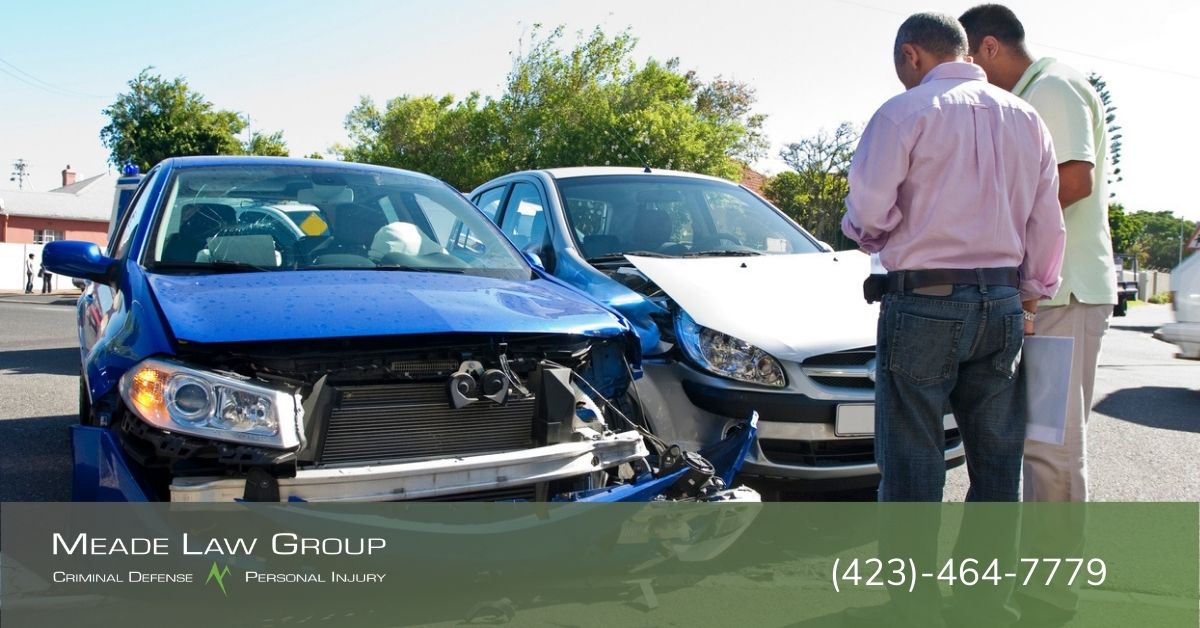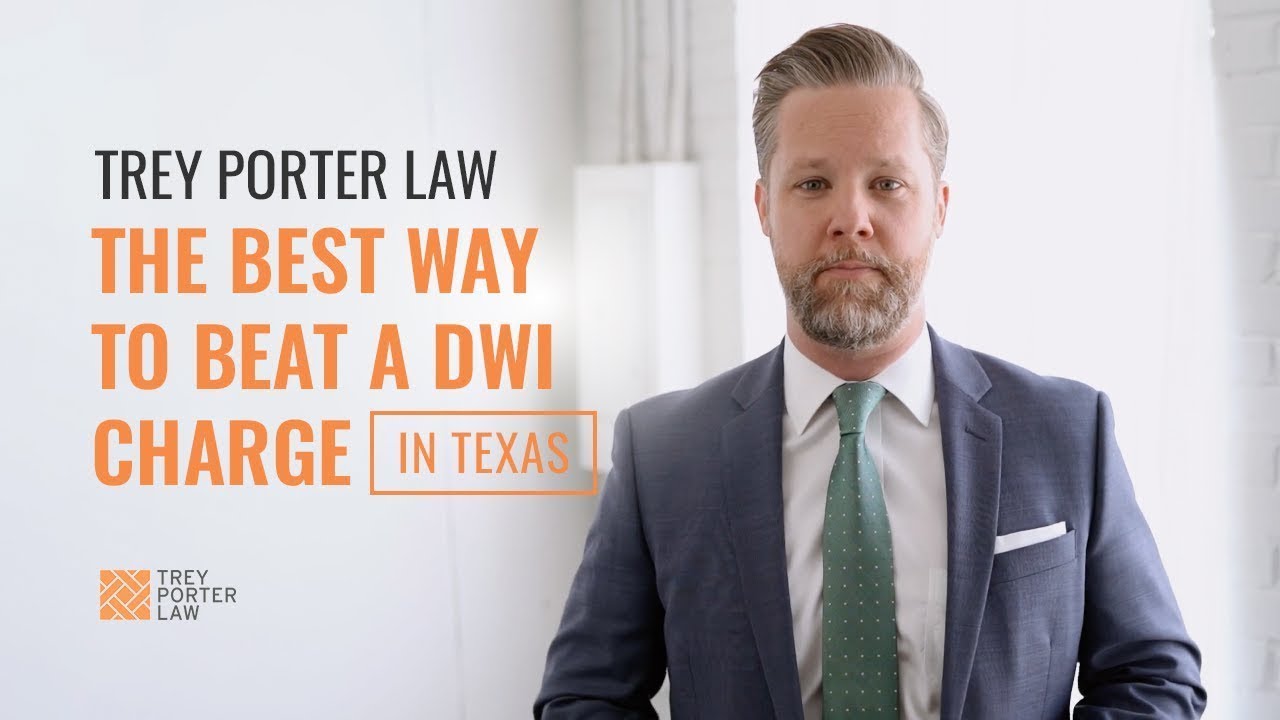What to Do After a Car Accident Out of State
Being involved in a car accident is never a pleasant experience, and it can be even more stressful when it happens out of state. If you find yourself in this situation, it’s crucial to stay calm and know what steps to take to protect your rights and get the compensation you deserve. Understanding the rules and regulations of out-of-state insurance coverage is paramount to ensuring a smooth claims process.
Step 1: Stay Calm and Ensure Safety
The aftermath of a car accident can be chaotic, but staying composed is essential. First and foremost, ensure your safety and that of your passengers. If possible, move your vehicle to a safe location off the road. Once you’re out of harm’s way, call 911 immediately to report the accident and request medical assistance if necessary. Don’t forget to exchange contact and insurance information with the other driver(s) involved.
Documenting the scene is crucial. Take pictures of the damage to both vehicles, the surrounding area, and any visible injuries. If there are any witnesses, get their contact information. These details will be invaluable when filing a claim with your insurance company.
When speaking to the police, provide a clear and concise account of what happened. Be honest and objective, avoiding any speculation or accusations. The police report will serve as an official record of the accident, so it’s important to be accurate.
If you’re feeling disoriented or experiencing pain, don’t hesitate to seek medical attention even if you don’t think your injuries are severe. Adrenaline can mask pain, so it’s always better to get checked out by a professional to rule out any underlying issues.
Informing your insurance company promptly is essential. They will guide you through the claims process and provide assistance with legal matters if necessary. It’s also important to notify your insurance company if you have any out-of-state coverage or if the other driver was from out of state.
Dealing with a car accident out of state can be daunting, but by following these steps and staying informed about your insurance coverage, you can navigate the process confidently and ensure that your rights are protected.
Car Accident Out of State: What to Do When You’re Covered by Insurance
If you’re ever involved in a car accident out of state, the first thing you should do is stay calm and call the police. This will help you document the accident and create an official record of what happened.
2. Exchange Insurance Information
Once the police have arrived, exchange insurance information with the other driver(s) involved in the accident. You’ll need to provide your name, address, phone number, insurance company, and policy number. It’s also helpful to take a picture of the other driver’s insurance card and license plate.
If you’re not sure who is at fault for the accident, don’t admit fault to the other driver(s). Just provide them with your information and let the insurance companies figure it out.
3. Take Photos of the Damage
Take as many photos of the damage to your car as possible. This will help you prove the extent of the damage and get a fair settlement from your insurance company. Be sure to take photos of both the interior and exterior of your car, as well as any other vehicles involved in the accident.
4. Get a Copy of the Police Report
Once the police have completed their investigation, be sure to get a copy of the police report. This report will contain important information about the accident, such as the date, time, location, and who was involved.
5. Contact Your Insurance Company
As soon as possible after the accident, contact your insurance company to report the accident. They will need to know the details of the accident, as well as the other driver’s insurance information. Your insurance company will then start the process of investigating the accident and determining who is at fault.
6. Get a Medical Checkup
Even if you don’t feel injured, it’s important to get a medical checkup after a car accident. Some injuries, such as whiplash, may not show up right away. Getting a medical checkup will help you rule out any serious injuries and get the treatment you need.
7. Hire an Attorney
If you’ve been seriously injured in a car accident, you may want to consider hiring an attorney. An attorney can help you get the compensation you deserve for your injuries and pain and suffering.
Car Accident Out of State Insurance: A Guide to Navigating the Aftermath
Being involved in a car accident out of state can be a stressful and confusing experience. However, by understanding your rights and responsibilities, you can make the process less daunting. One of the most important things to do after an accident is to exchange information with the other driver(s) involved.
2. Exchange Information
Once you’ve called the police, exchange information with the other driver(s) involved in the accident. This includes your name, address, phone number, insurance information, and license plate number. It’s also a good idea to get the names and contact information of any witnesses. Be sure to write everything down accurately, and don’t forget to take pictures of the accident scene if possible.
3. Report the Accident to Your Insurance Company
Once you’ve exchanged information, you need to report the accident to your insurance company as soon as possible. They will be able to provide you with guidance on what to do next and how to file a claim. It’s important to be honest and accurate when reporting the accident, as any false or misleading information could affect your claim.
If you’re unsure about what to do after an out-of-state accident, don’t hesitate to contact your insurance company. They can help you navigate the process and get you the compensation you deserve.
What Happens if the Other Driver Doesn’t Have Insurance?
If the other driver involved in the accident doesn’t have insurance, you may be able to file a claim with your own insurance company under your uninsured motorist coverage. This coverage can help you pay for medical expenses, lost wages, and other damages caused by the accident.
What if I’m Injured in an Out-of-State Accident?
If you’re injured in an out-of-state accident, it’s important to seek medical attention as soon as possible. Once you’ve been treated, you should contact a personal injury lawyer to discuss your legal options. You may be entitled to compensation for your injuries, lost wages, and other damages.
Out-of-State Car Insurance: Navigating the Aftermath of an Accident
Getting into a car accident is stressful enough, but when you’re out of state and don’t know the local insurance laws, it can feel like a nightmare. Here’s a comprehensive guide to help you navigate the complexities of out-of-state insurance after a car accident.
1. Stay Calm and Call the Police
After an accident, it’s crucial to stay calm and follow these steps:
- Check for injuries: Make sure you and any passengers in both vehicles are okay. If anyone is injured, call 911 immediately.
- Report the accident: Call the local police department to report the accident. They will create an accident report that will be crucial for insurance purposes.
- Get information: Exchange insurance information, license numbers, and contact details with the other driver(s) involved.
2. Contact Your Insurance Company
As soon as possible after the accident, contact your insurance company and report the incident. They will provide you with guidance and support throughout the claims process.
3. Take Photos and Videos
If you can, take photos and videos of the accident scene. This will help you document the damage to your vehicle and the other vehicle(s) involved. It can also provide valuable evidence to support your insurance claim.
4. Out-of-State Insurance Considerations
Insurance laws vary by state, so it’s essential to understand your coverage if you get into an accident out of state. Here are some key considerations:
- Liability coverage: In most states, the at-fault driver’s insurance company is responsible for paying for damages to other vehicles and injuries caused by the accident.
- Collision coverage: This coverage pays for your vehicle if it’s damaged or destroyed in an accident.
- Personal injury protection (PIP): This coverage helps pay for your medical expenses and lost wages after an accident, regardless of fault.
- Uninsured and underinsured motorist coverage: This coverage protects you if the other driver is uninsured or underinsured.
5. Getting Medical Attention
Even if you don’t feel injured immediately after an accident, it’s important to seek medical attention. Some injuries, like whiplash, can take days or even weeks to appear.
6. Dealing with the Other Driver’s Insurance Company
If the other driver is at fault, their insurance company will reach out to you to settle the claim. Be prepared to provide them with documentation of your damages and medical records.
Remember, staying calm and following these steps can help you navigate the process of dealing with car accident insurance out of state.
When You’re Involved in a Car Accident Out of State: What to Do
Getting into a car accident is never a pleasant experience. It can be even more stressful when you’re involved in an accident out of state, where you may not be familiar with the laws and procedures. If you find yourself in this situation, here’s a comprehensive guide to help you navigate the process and protect your rights.
1. Stay Calm and Gather Information
In the immediate aftermath of an accident, it’s crucial to stay calm and collect as much information as possible. Move your vehicle to a safe location, if possible, and turn on your hazard lights. Check for injuries to yourself and your passengers, and if necessary, call for medical assistance. Once you’ve ensured everyone’s safety, gather the following details:
- Names, addresses, and phone numbers of all drivers and passengers involved
- Make, model, and license plate numbers of all vehicles
- Location of the accident
- Names and contact information of any witnesses
2. Contact the Police and File a Report
Even if the accident seems minor, it’s important to contact the police and file a report. This will create an official record of the incident and provide you with documentation for your insurance claim. The police report will include details about the accident, including the time, location, and contributing factors.
3. Notify Your Out-of-State Insurance Company
Promptly notify your insurance company about the accident. They will provide you with guidance on how to proceed and help you file a claim. If the other driver was at fault, you may need to file a claim with their insurance company as well.
4. Document Everything
Keep a detailed record of all expenses and communications related to the accident. This may include medical bills, repair estimates, and correspondence with insurance companies. Taking photographs of the accident scene and any injuries can also provide valuable evidence.
5. Get a Medical Exam
Even if you feel fine, it’s highly advisable to get a medical exam as soon as possible after an accident. Some injuries, such as whiplash or concussions, may not manifest immediately. A medical exam will help diagnose any hidden injuries and provide documentation for your insurance claim.
Follow-Up and Legal Considerations
- Monitor your health and seek additional medical attention if you experience any symptoms following the accident.
- Keep track of all communications with insurance companies and follow up regularly to ensure your claim is being processed promptly.
- Consider consulting with an attorney if you have difficulty getting a fair settlement or if you believe you sustained significant injuries.
Remember, being involved in an out-of-state car accident can be daunting. By following these steps, you can protect your rights and ensure a smooth and fair resolution to the situation.
Car Accident Out of State: Insurance Coverage and What to Do
After the shock of a car accident, dealing with the aftermath can be overwhelming, especially if you’re out of state and unfamiliar with local laws. One of the first things you should do is contact your insurance company. They’ll guide you through the claims process and help you get the compensation you deserve.
Here are key points to know about car accident out-of-state car insurance coverage:
1. Coverage Generally Follows You
In most cases, your car insurance coverage follows you wherever you drive in the United States. This means that your policy should cover you if you’re involved in an accident out of state.
2. Liability Coverage
Liability coverage protects you if you’re found at fault for an accident. It covers damages to the other driver’s vehicle, injuries, and even pain and suffering. The minimum liability coverage required varies by state.
3. Collision Coverage
Collision coverage protects your vehicle if it’s damaged in an accident, regardless of who’s at fault. It’s not required by law in all states, but it’s highly recommended.
4. Comprehensive Coverage
Comprehensive coverage protects your vehicle from damages not caused by a collision, such as theft, vandalism, or natural disasters. Like collision coverage, it’s not required but provides additional protection.
5. Contact Your Insurance Company
As soon as possible after the accident, contact your insurance company. They will be able to help you file a claim and get the compensation you deserve.
6. What to Do After an Out-of-State Car Accident
**If possible, stay calm and collect the following information:**
– The other driver’s name, contact information, and insurance policy number
– The location of the accident
– A description of how the accident happened
– Take pictures of the damage, if possible
– Get a copy of the police report
– Seek medical attention, even if you don’t think you’re injured
Report the accident to your insurance company immediately:
Your insurance company will guide you through the claims process and help you get a fair settlement.
Be prepared to provide documentation:
Your insurance company will likely ask for documentation to support your claim, such as:
- A copy of the police report
- Photos of the damage
- Medical records
- Proof of lost wages (if applicable)
Don’t sign anything or accept any settlements without speaking to your insurance company:
Insurance companies may try to get you to sign a settlement that’s less than what you’re entitled to. Always consult with your insurance company before signing anything.
Cooperate with the investigation:
Your insurance company will investigate the accident to determine fault and coverage. Be honest and forthcoming with all information.





Leave a Reply